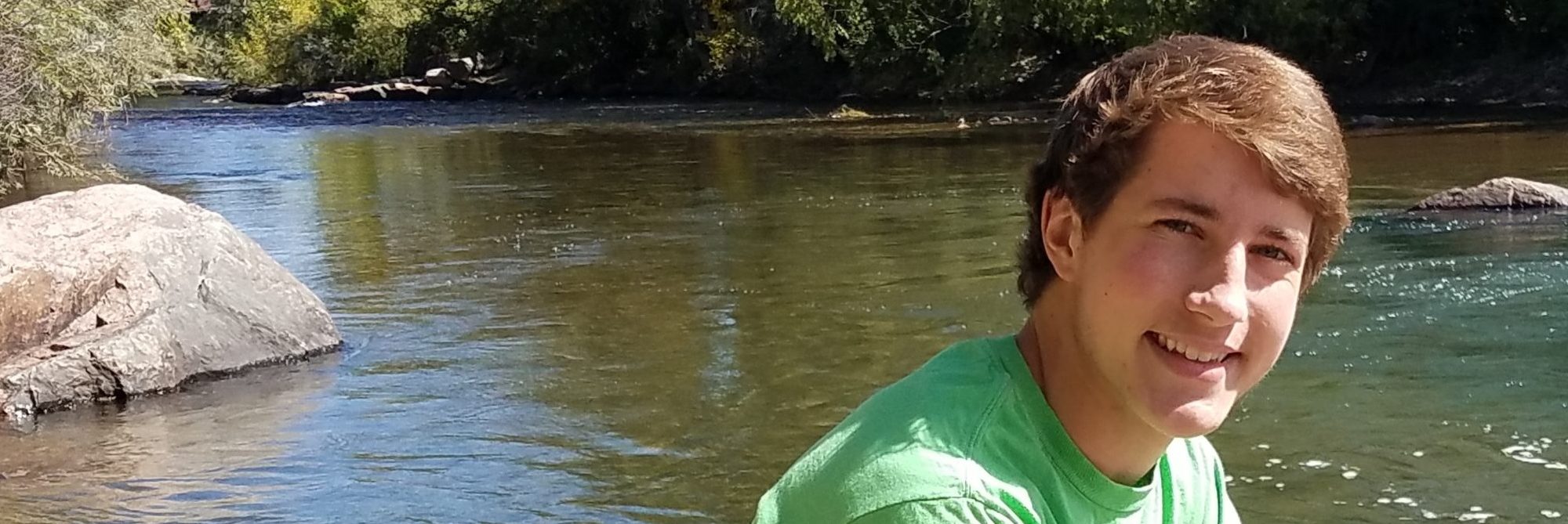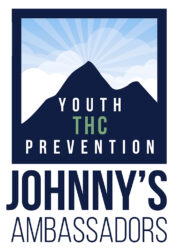By Laura Stack
If there is ever a time when parents struggle with their children, it is during their teenage years. Not all teens rebel, but many have their share of clashes. After all, they know just enough about life not to know what they don’t know.
As Mark Twain once put it, “When I was a boy of 14, my father was so ignorant I could hardly stand to have the old man around. But when I got to be 21, I was astonished at how much the old man had learned in seven years.”
To put things in context, I’m guessing most of us parents felt that way during our teens as well. But we learned better. It’s up to us as parents to attempt to reduce the negative experiences associated with that education. Nowhere is this more important than in life-threatening situations, including encounters with drugs they will most certainly face.
Unfortunately, when your kids are teens, they are almost most likely to face one of the bigger bugaboos of young adult development: peer pressure. And with the advent of social media, your child’s peer group is much larger than ever, so the peer pressure is worse than any time in history.
The Neural Angle
Mental development is most obvious in little kids, but it continues throughout childhood and young adulthood. In fact, kids experience a second “neural bloom” in the early teen years. One of the results is a much keener sensitivity to social evaluation. Your kids care less about what you think of them, focusing instead on the opinions of their own age group. They feel everyone’s always watching and judging them. So trends and tendencies their peer group follows are more important, including experimenting with drugs and other addictive substances.
Your best defense here is to know that this increased sensitivity to peer pressure is happening, and it’s perfectly natural. Keep approaching your drug talks from a patient, emotionally accessible angle, listening and asking questions more than you talk. While your kids may seem to draw away from you, this occurs normally as any youngster matures and stretches their wings, so do not take it personally. Just work to be present. Adolescence provides practice for adulthood, or at least what they perceive adulthood to be. Your job is to help them get through this period with as few mistakes as possible, even if they resist you.
Caveats and Advantages
Your teens will probably prove less receptive to your drug talks than when they were younger. They may find them boring and repetitive, so keep mixing things up. Now more than ever, get to know their friends and their friends’ parents. Set reasonable boundaries and expectations, such as knowing where they are at all times, with a name and phone number. Call the parents to stay connected and thank them for having your son/daughter over to hang out. Make sure those parents are in alignment with your values. If the parents of your child smoke weed, and they don’t think it’s a big deal, their children are 70-80% more likely to smoke pot. Then they may try to tempt your child into it if smoking is “normalized” in their home.
It’s more important than ever to keep your kids apprised of new threats, and to support them against peer pressure. They may not want to listen, may even push you away, but keep trying. Let them know they can call on you anytime to rescue them from any situation where one of their friends has gotten high or drunk and they feel unsafe. I can remember a couple times when my children called to invoke the agreement, and I picked them up, no questions asked. They can quickly get into a situation they didn’t intend.
Now that your children are older, discuss the negative effects of drugs in more graphic detail. Whereas it might have gone over their heads a few years ago, pointing out today’s marijuana is stronger than ever due to selective breeding will make more sense to them. THC, the active chemical in cannabis, can rise as high as 25% concentration in some strains of “herb,” while reaching up to 90%+ in concentrated forms like dab or wax. Highlight not just the paranoia and psychosis effects of the hard stuff, but also the IQ drops and chronic bronchitis symptoms common to long-term cannabis users, which are more evident on a day-to-day basis.
Taking a Stand
During your talks, continue to emphasize the negative effects of drugs on the body and brain. High-potency marijuana can hospitalize a young person with one hit, especially a first-time user. Lay down the law about drug use. Make the consequences of breaking the rules clear and stick to them. If you tell them you will take away their car or phone for a month if they break your rules, and they do, you must follow through. If you don’t, they’ll see you as a pushover and won’t listen to anything you say. There must be consequences for use of illicit substances with zero tolerance. Small beginnings can lead to huge consequences. Ask me about how I know.
Some sources may tell you not to express judgments when talking about drugs, especially if you discover your child has begun using. Some fear that making judgments will drive them further down the wrong path. While I agree it’s easiest if your kids trust you enough to talk to you about anything, setting rules about drug use and abuse requires judgment.
When you make it clear that drugs are bad for your kids, you’re making a judgment. When you discipline your child for experimenting or abusing drugs, you’re making a judgment. If your child is abusing drugs or alcohol, there’s no way you can bypass judgment. As a parent, you have to do whatever you can to protect them; so you must be very firm, and take charge in getting them the help they need. Be as gentle as possible, but make no mistake: your teens must know what they’ve done is wrong — not necessarily from a legal or moral standpoint, but because of the terrible things drugs can do to them and the people around them.
The abuse of legal-over-21 drugs like alcohol and marijuana can prove especially deadly to young people. These addictive substances can warp them mentally, cause psychosis, and cripple them physically, and those are just the personal costs. What they can do to others can be just as bad, from secondhand smoke to drugged driving accidents resulting in death. And worse, suicide, like my forever 19-year-old son, Johnny.
Johnny’s Ambassadors is committed to educating parents and teens on the dangers of high-THC marijuana on the developing adolescent mind. Join us at www.JohnnysAmbassadors.org/join.


